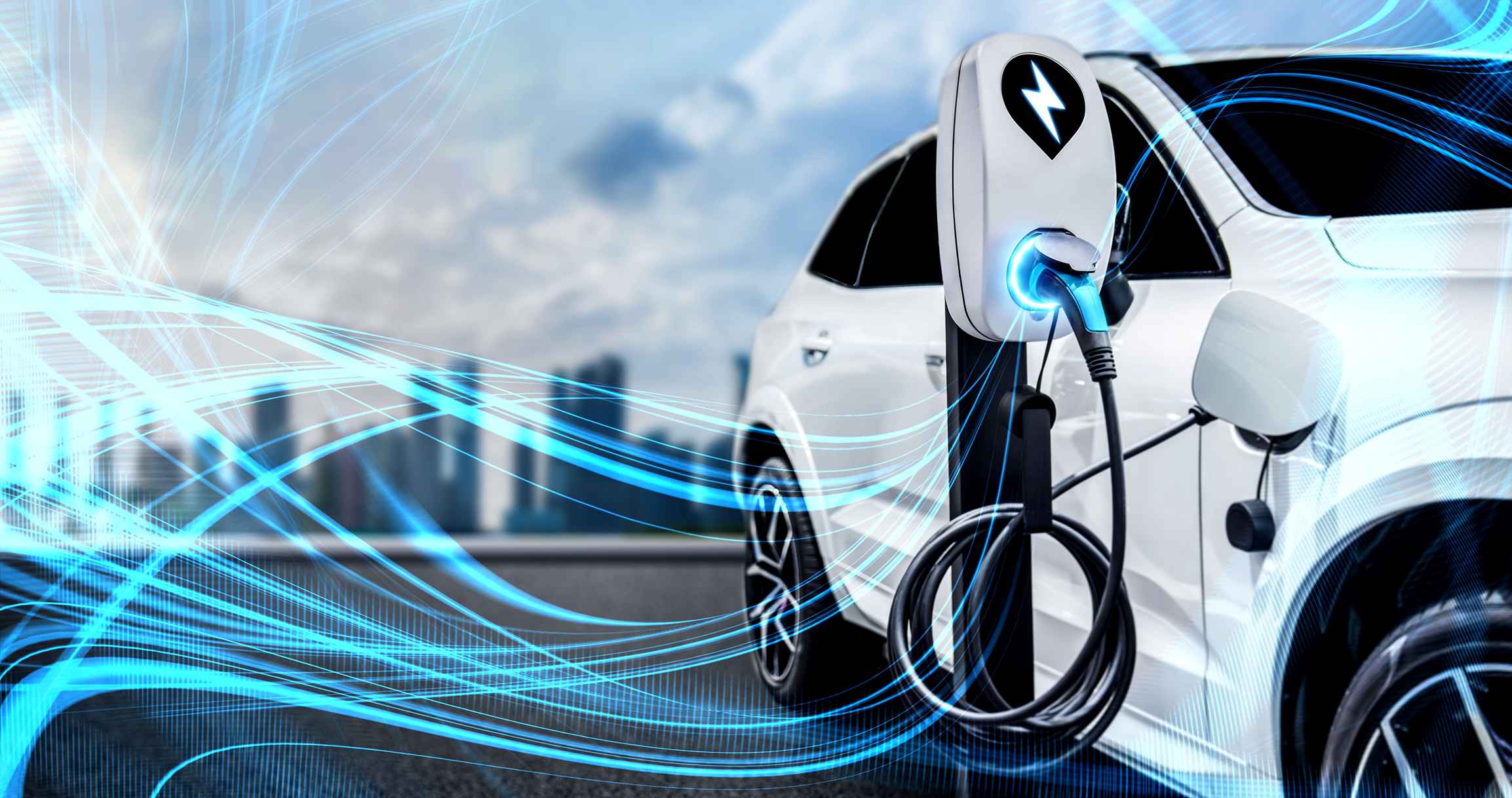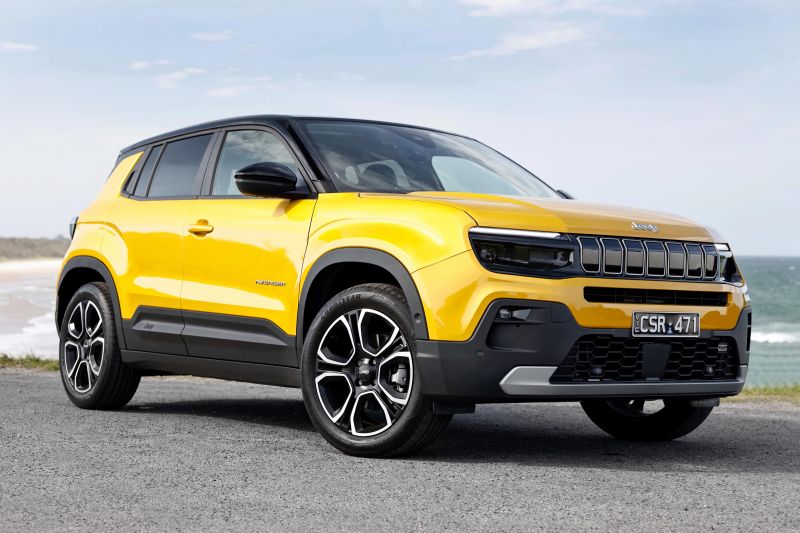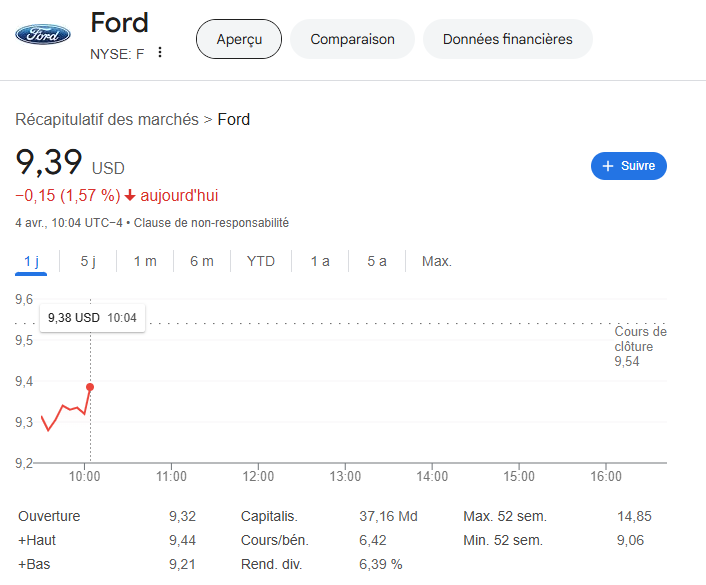The European market represents a critical battleground for Chinese electric vehicle (EV) manufacturers. Despite challenges such as regulatory hurdles and growing competition, Chinese automakers see Europe as a lucrative and strategic opportunity to cement their global ambitions. A recent Bloomberg report sheds light on the strategies these manufacturers are employing to conquer this highly competitive market.
Europe: A Key Strategic Market
Europe isn’t just a lucrative market for Chinese EV makers—it’s a proving ground for their global aspirations. The continent’s established EV infrastructure and environmentally conscious consumer base make it an attractive destination for Chinese brands aiming to compete on a global scale.
Tariffs and Trade Barriers
The European Union (EU) has imposed tariffs of up to 45% on Chinese EV imports, citing findings that Chinese manufacturers benefit from significant government subsidies. These tariffs are a significant hurdle for Chinese automakers seeking to expand in Europe.
Despite Beijing’s warnings against unilateral agreements with the EU, some Chinese companies are exploring ways to bypass these tariffs, including relocating production facilities to Europe. This strategic move reflects the high stakes of maintaining competitiveness in the region.
Chinese EV Giants in Europe
BYD: A Proactive Expansion Approach
BYD, one of China’s leading EV manufacturers, has taken an aggressive approach to establish itself in Europe. Under the leadership of Executive Vice President Stella Li, who dedicates 60% of her time to European operations, BYD has sponsored high-profile events like the UEFA European Championship and is building a massive industrial base in Hungary. This facility is expected to employ around 10,000 workers, highlighting BYD’s commitment to deepening its footprint in the region.
NIO: Luxury and Lifestyle Branding
NIO, another prominent Chinese EV brand, has invested heavily in creating a luxurious brand image in Europe. For example, its Amsterdam showroom spans 2,700 square meters and doubles as a multifunctional space for coworking, art exhibitions, dining, and social events.
However, despite these efforts, NIO’s sales in Europe remain modest, and the company has yet to turn a profit in the region.
Xpeng: A Shift in Strategy
Xpeng, a partner of Volkswagen in China, initially focused on promoting the AI features of its vehicles in Europe. Regulatory challenges related to software, however, forced the company to pivot. Xpeng is now prioritizing partnerships with local dealers over investing in fully owned retail outlets.
Why Europe Matters More Than Ever
Europe has become even more critical for Chinese EV manufacturers in light of the geopolitical climate. The reelection of Donald Trump as U.S. President has made the American market less accessible for Chinese brands due to heightened protectionism. Consequently, Europe has emerged as a key priority for Chinese automakers aiming for long-term growth.

Challenges and Cultural Adaptations
Succeeding in Europe requires more than just competitive pricing or innovative technology. Chinese automakers must address cultural and operational differences to win over European consumers. This involves tailoring vehicle designs, features, and customer service to suit European tastes.
Jason Chen, the regional operations manager for CATL, a major Chinese battery manufacturer, emphasized the importance of integrating with local communities. “You need to respect the local population and be a good neighbor,” he told Bloomberg, reflecting the broader industry sentiment on the importance of cultural sensitivity.
Investments in European Infrastructure
Chinese EV manufacturers are not only exporting vehicles but also investing heavily in building local infrastructure. For instance, CATL is constructing its second European battery plant in Hungary, aligning with the broader push to localize production and reduce reliance on imports.
Diverse Strategies, Shared Ambition
Despite varying approaches, all Chinese EV manufacturers share a common goal: to dominate the European market. While BYD focuses on industrial expansion and event sponsorship, NIO prioritizes luxury branding, and Xpeng adapts its strategy to navigate regulatory landscapes. This diversity of tactics underscores the determination of Chinese automakers to establish a foothold in Europe.

The Road Ahead
The competition in Europe’s EV market is fierce, with established players like Tesla and European brands such as Volkswagen, BMW, and Renault defending their market share. However, Chinese automakers bring unique advantages, including advanced battery technology, competitive pricing, and innovative vehicle designs.
For Chinese manufacturers, success in Europe is not just about sales figures but also about proving their capability to compete on a global stage. Whether through building factories, adapting to cultural nuances, or leveraging cutting-edge technology, Chinese automakers are pulling out all the stops to win over European consumers.
By embracing localization, fostering community relationships, and navigating regulatory challenges, Chinese automakers are positioning themselves as formidable contenders in the European EV market. The stakes are high, but the rewards could redefine their global trajectory.





